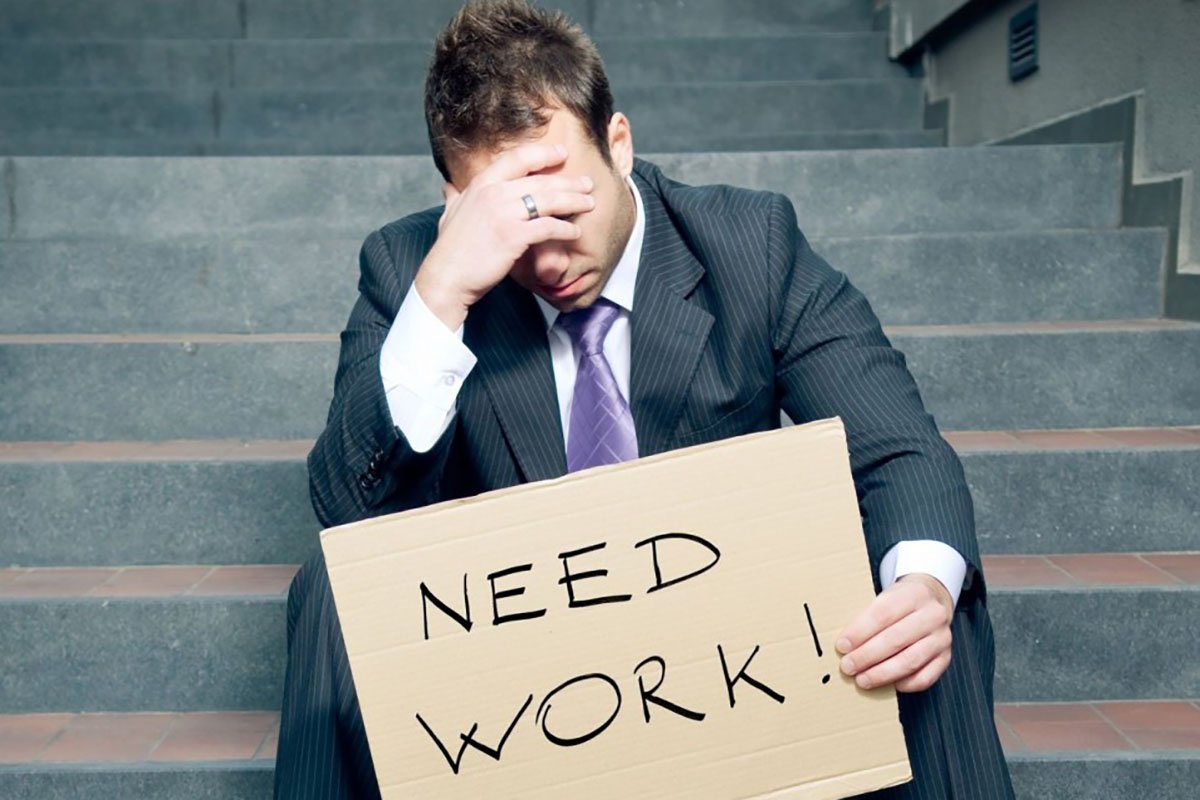Finding yourself unemployed can be a stressful experience. Financial burdens can quickly pile up, and the job search process can be daunting. If you have a disability, these challenges can be even more significant. Understanding the difference between disability benefits and unemployment benefits can help you navigate this situation and determine which program best suits your needs.
Disability vs. Unemployment: Understanding the Programs
Disability benefits are intended for individuals who are unable to work due to a physical or mental impairment. These programs are administered by the Social Security Administration (SSA) and have strict eligibility requirements.
To qualify for disability benefits, you must have a documented medical condition that is expected to last at least one year and significantly limit your ability to perform substantial gainful activity (SGA). There are two main types of Social Security Disability benefits:
- Social Security Disability Insurance (SSDI): This program is funded by payroll taxes you pay while working. To be eligible for SSDI, you must have a sufficient work history (determined by the number of work credits you have earned).
- Supplemental Security Income (SSI): This program is a needs-based program funded by general tax revenue. It is available to individuals with limited income and resources who have a qualifying disability.
Unemployment benefits, on the other hand, are for people who are ready, willing, and able to work but have lost their jobs through no fault of their own. These benefits are temporary and are administered by each state’s unemployment insurance agency. To qualify for unemployment benefits, you must meet specific eligibility requirements, such as having a recent work history and actively searching for a new job.
Can You Collect Unemployment While on Disability?
The key difference between disability and unemployment benefits lies in their core requirements. When you receive disability benefits, you are essentially stating that your disability prevents you from working. When you apply for unemployment benefits, you are indicating that you are able and available to work. These two statements are inherently contradictory.

Therefore, it is generally not possible to collect unemployment benefits while receiving Social Security Disability Insurance (SSDI). Doing so would be considered “double-dipping,” and both the SSA and the state unemployment agency could take action against you.
Can You Collect Unemployment After Disability Runs Out?
If your disability benefits run out, you may be eligible to collect unemployment benefits under certain circumstances. This would only be possible if your condition has improved enough that you can again perform substantial gainful activity.
There are also specific rules regarding the timing of your applications for each program. It’s important to consult with a disability attorney to understand the specific guidelines that apply to your situation.
Important Considerations Before Applying
While there may be situations where unemployment benefits are an option after your disability benefits end, applying for both programs simultaneously is generally not advisable. Here’s why:
- Risk of denial: Both the SSA and the state unemployment agency may deny your claim if they believe the information you provide is contradictory.
- Overpayment: If you receive unemployment benefits while on disability, you may be required to repay those benefits if they are discovered later.
- Potential legal trouble: In extreme cases, “double-dipping” could lead to criminal charges for fraud.
Best Practices When Applying for Benefits
- Honesty is key: Be truthful and accurate in all your applications for benefits. This is especially important when applying for Social Security disability benefits, as you may have to attend a hearing before an Administrative Law Judge.
- Seek professional guidance: The application processes for both disability and unemployment benefits can be complex. Consulting with an attorney specializing in disability benefits can help you navigate these processes and ensure you are filing the correct applications.
- Follow application instructions carefully: Both the SSA and state unemployment agencies have specific instructions for completing their applications. Following these instructions closely will help avoid delays in processing your claim.

